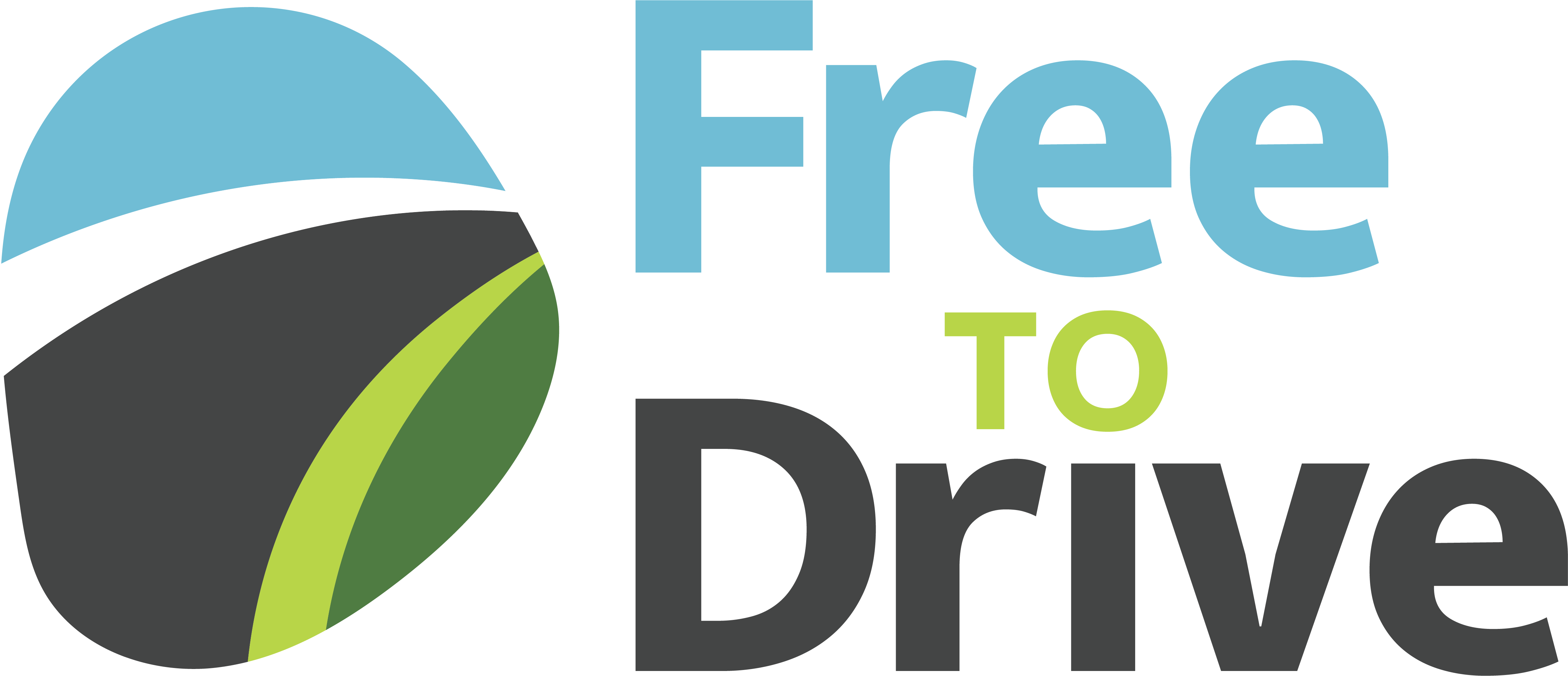Get the facts on debt-based driver’s license suspensions.
The Free to Drive coalition has developed print, digital and video resources for advocates and policymakers who are interested in taking on the issue of driver’s license suspension for unpaid fines and fees. Browse the materials to below to learn why debt-based license suspensions are a cruel form of punishment that disproportionately effects people living in poverty — and how you can help end this practice for good.
Fact sheets, bill summaries, and letters of support.
2023 Resources
Letter of Support to the Senate Driving for Opportunity Act 2023
2021 Resources
Driving for Opportunity Act 2021 Full Bill Text
2020 Resources
Letter of Support for Driving for Opportunity Act 2020 from 24 Attorneys General
Letter of Support for Driving for Opportunity Act 2020 From 50+ Organizations
Reports, publications, law articles and amicus briefs
Stepping on the Gas: Accelerating Florida’s Growth by Restoring the Freedom to Drive
Debt-based license suspensions: Drivers of poverty and incarceration
Estimating the Earnings Loss Associated with a Criminal Record and Suspended Driver’s License
Driver’s License Suspensions for Unpaid Fines and Fees: The Movement for Reform
Driven to Failure: An Empirical Analysis of Driver’s License Suspension in North Carolina
Mendoza v Strickler Brief of Amici Curiae Free to Drive Coalition Members
Explainer videos for policymakers, advocates and impacted individuals — what happens when you can’t afford to pay your fines and fees?
Free to Drive Campaign
34 states and D.C. still suspend, revoke or refuse to renew driver’s licenses for unpaid traffic, toll, misdemeanor and felony fines and fees. License suspensions are the primary way debt related restrictions on driving privileges occur in the United States. However, many states restrict registrations, or other administrative automobile requirements, as a counterproductive means of coercing debt payments for unpaid parking, tolls and other court fines and fees.
These restrictions not only prevent people from earning the money they need to pay their “court debt,” but also undercut their ability to support themselves, their families and the community.
Personal story: arrested and jailed for driving while poor. Hear from Desiree.
During a traffic stop, Desiree found out that her license had been suspended for unpaid fines and fees. She was arrested and spent time in jail in two different states. Desiree has diabetes, and she did not receive her medicine while incarcerated, which almost killed her.
Personal story: one ticket, one suspension, $14,000 in costs. Hear from Leah.
In 2014, Leah received a traffic ticket that she was unable to pay, and her driver’s license was suspended as a result. That suspension led her to quit driving completely, which made her lose her job — and a ticket for driving with a suspended license made her insurance payment skyrocket to $650.
Free to Drive Campaign Launch: Vantage Points Panel
During the Free to Drive launch event in September 2019, advocates and directly impacted people came together to share their experiences during two panel discussions. This Vantage Points panel highlights the impact of driver’s license suspension from the perspective of various stakeholder groups, impacted individuals, and society as a whole.
Free to Drive Campaign Launch: Changemakers Panel
This panel addresses the issue of license suspension for unpaid fines and fees from the state and local advocacy, policy and litigation perspectives. It highlights efforts across the country around driver’s license suspension: what worked, what didn’t work and how to move forward.
